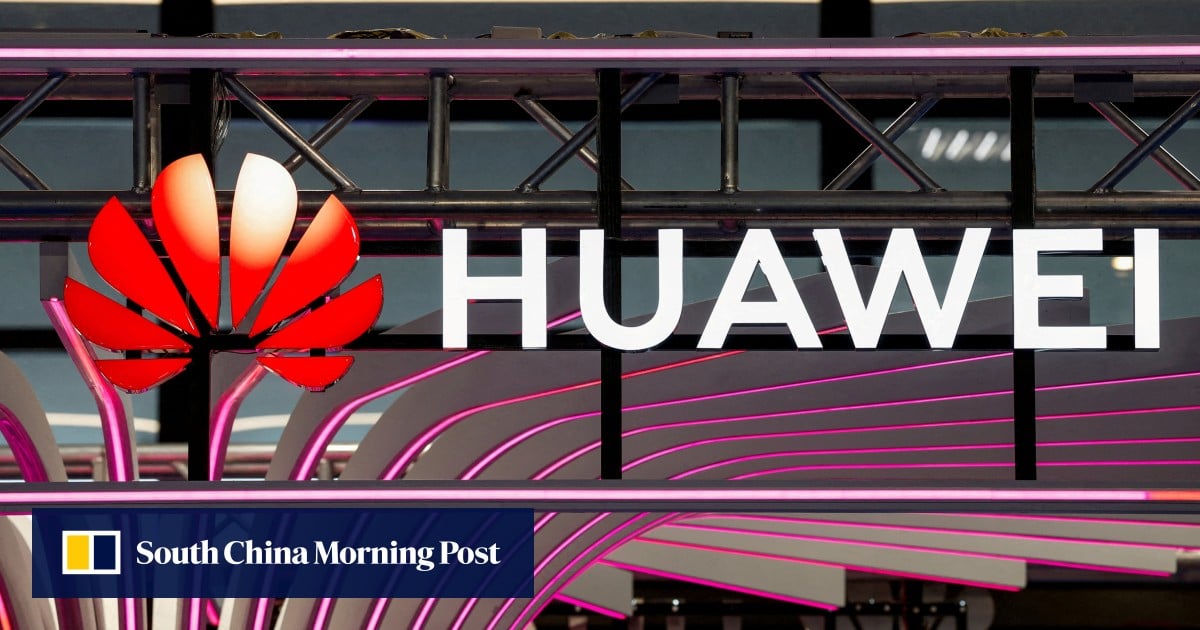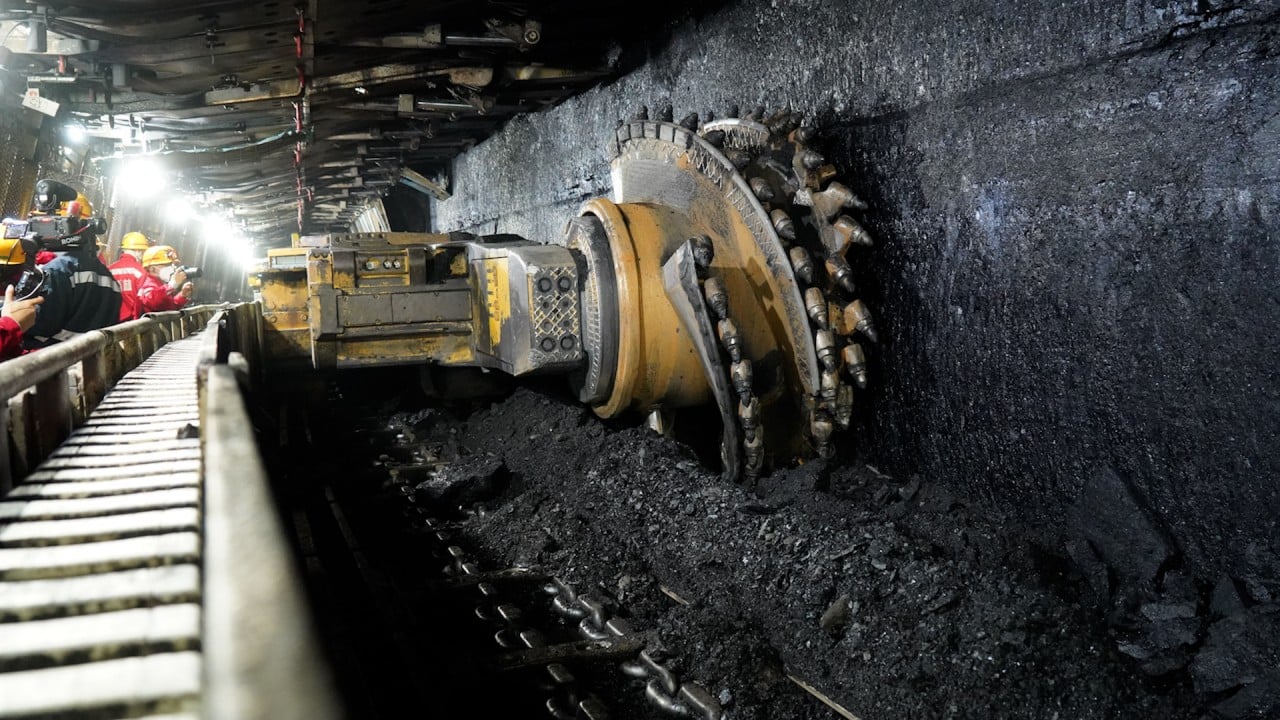World
US revokes some export licences for China’s Huawei

The US on Tuesday said it revoked some licences that allow companies to ship goods, such as chips, to sanctioned Chinese telecommunications equipment maker Huawei Technologies.
The move comes after the release last month of Huawei’s first AI-enabled laptop, the MateBook X Pro powered by Intel’s new Core Ultra 9 processor.
The laptop launch drew fire from Republican lawmakers, who suggested the US Commerce Department had given the green light to Intel to sell the chip to Huawei.
The revocations come after a years-long review of the US policy on what US goods and technology could be shipped to Huawei, a flagship Chinese company viewed as a national security threat.
They could hamper Huawei’s recently resurgent revenue and also hurt US suppliers that have been allowed to do business with the company.
“We continuously assess how our controls can best protect our national security and foreign policy interests, taking into consideration a constantly changing threat environment and technological landscape,” the Commerce Department said in a statement.
“We are not commenting on any specific licences, but we can confirm that we have revoked certain licences for exports to Huawei.”
A spokesperson for Intel declined to comment. Qualcomm, whose chips are in Huawei’s phones, could not immediately be reached for comment.
Some companies were notified on Tuesday that their licences were revoked effective immediately, according to one person familiar with the matter.
Huawei did not immediately comment on the decision by the US Commerce Department.
The company was placed on a US trade restriction list in 2019 amid fears it could spy on Americans, part of a broader effort to handicap China’s ability to bolster its military. Being added to the list means the company’s suppliers have to seek a special, difficult-to-obtain licence before shipping.
Even so, suppliers to Huawei have received licences worth billions of dollars to sell Huawei goods and technology, including one particularly controversial authorisation, issued by the Trump administration, which has allowed Intel to ship central processors to Huawei for use in its laptops since 2020.
At the same time, sources have said few new licence applications for Huawei have been granted in more than a year.
Huawei shocked the industry last August with a new phone powered by a sophisticated chip manufactured by Chinese chip maker SMIC, despite US export restrictions on both companies.
The phone helped Huawei smartphone sales spike 64 per cent year on year in the first six weeks of 2024, according to research firm Counterpoint.
The recovery of Huawei, which last year recorded its fastest revenue growth in four years, has also been accelerated by new businesses such as smart car components.











